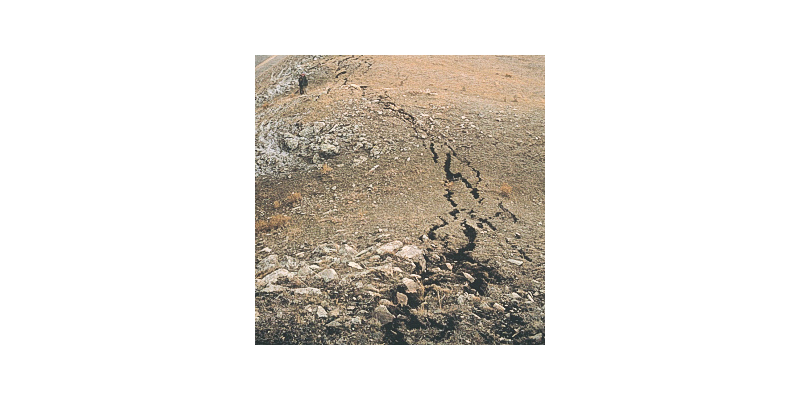- Imprimer
- Partager
- Partager sur Facebook
- Partager sur X
- Partager sur LinkedIn
Séminaire
Le 9 janvier 2025

Elsa Bayart (MODI, LIPhy)
An earthquake results from the sudden slip of a seismic fault, releasing the stresses that have accumulated during tectonic movement. These stresses can also be released by slow slip events, which can be detected by monitoring crustal deformation. The role of slow slip events is critical in that they influence the occurrence of earthquakes along a fault. However, the mechanisms by which slow slip affects earthquake initiation remain poorly understood. Through laboratory experiments using imaging and high-frequency strain measurements, we investigate the interaction mechanisms between a slowly slipping region of a frictional interface and adjacent locked regions that are destabilized only by seismic-like events. We show that slow slip acts as a nucleation center for seismic events, increasing the frequency of earthquakes. This work provides further insight into how to account for fault complexity in models and improve understanding of the diversity of seismic fault behavior.
Date
11:00
Localisation
LIPhy, salle de conférence
- Imprimer
- Partager
- Partager sur Facebook
- Partager sur X
- Partager sur LinkedIn